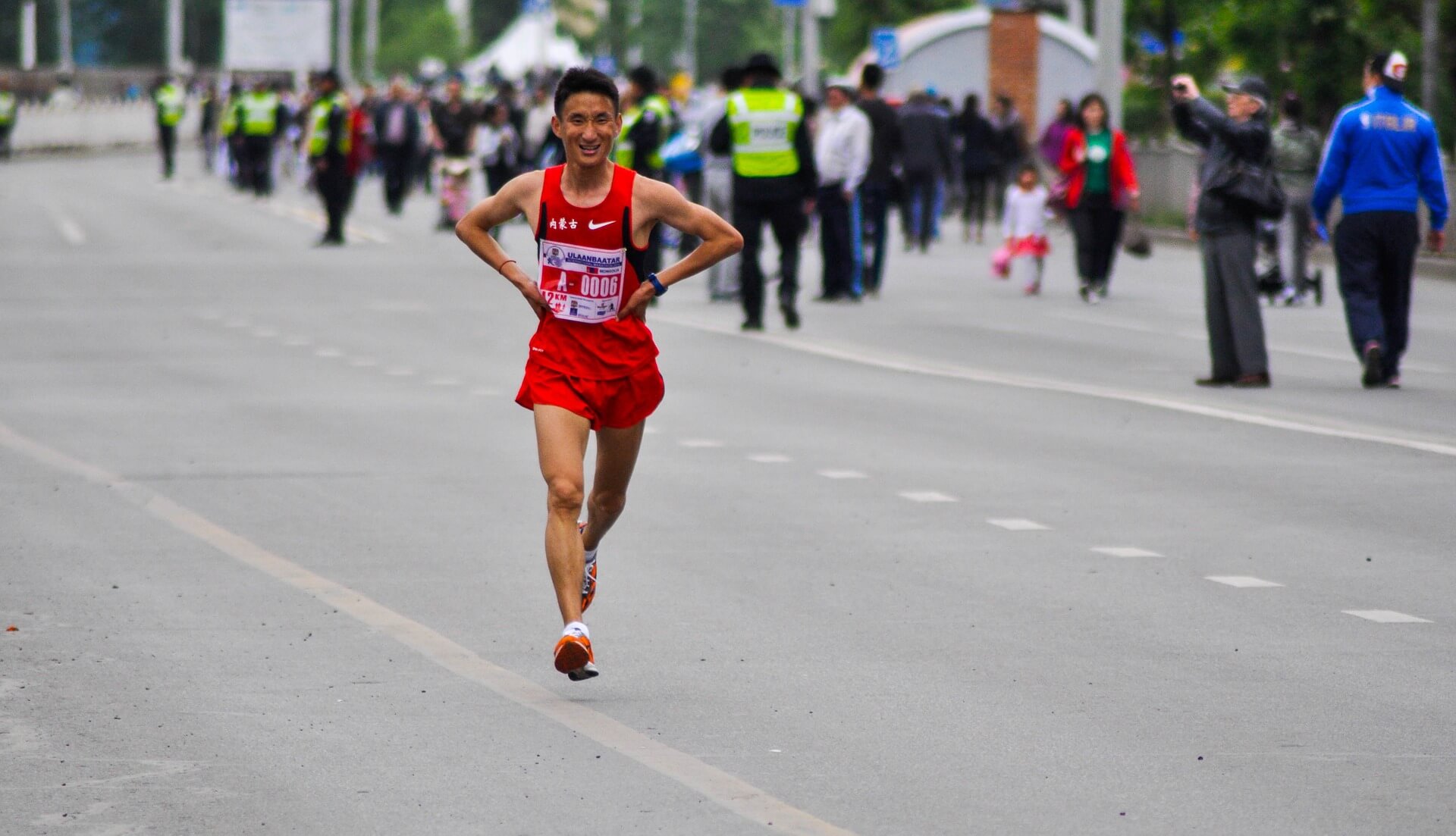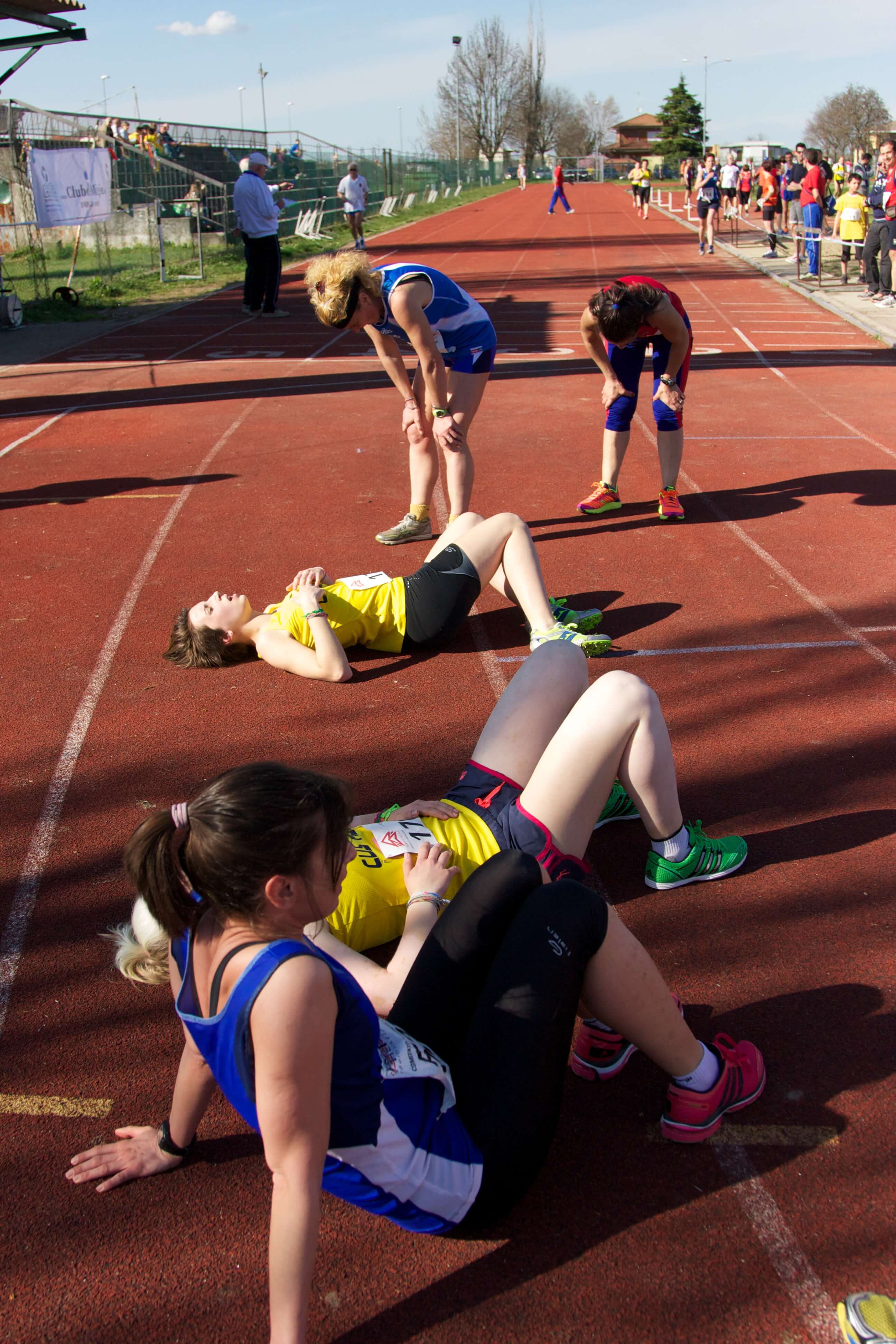Depletion Runs: Should You Try It?

Breakfast is the most important meal of the day, right? Yes, of course, but there are times when it may be a good idea to skip it, or at least wait a little later in the morning to have it.
Runners know how important it is to fuel their bodies for their runs, especially for those hard and long workouts. It is always advised to have the proper amount of calories and carbohydrates before long runs and races in order to supply the muscles with the glycogen it requires to be able to push through the run. During half and full marathons, as well as ultra races, mid-run fuel is also important to keep those energy stores as high as possible to keep us going. It is during the end of races that we feel the depletion in our bodies from lack of fuel, which creates that ‘zombie-like’ final 10K of the marathon, otherwise known as “bonking”.

What is a Depletion Run?
The concept of depletion runs has grown to be quite popular, especially in the elite world. This is basically when runs are performed in a starved state. This will usually be in the morning after a full night’s sleep when the glycogen stores are at its lowest. The reason some athletes do this is to train their bodies to use their fat stores so that come race day, they are able to last longer when the energy is low. Many runners swear by this training method but also report it to be uncomfortable and make their runs much harder to get through. If you are willing to go through several runs feeling low on energy in hopes to not hit “the wall” during your marathon, then it may be worth a try.

The Science
When you run without fueling up beforehand, the body will rely on fat stores for energy. This energy, though, will not give you the same feel as the energy from glycogen, which we get from the carbohydrates we ingest. What this will train the body to do is use fat stores during as much of a race as possible and save the glycogen stores for when we really need it—at the end of the race. The important thing to remember in order to keep from using any stored glycogen for the first half of your training run is to keep a conversational pace throughout the entire run. Any faster, and you will risk dipping into the glycogen you need to save.
The Method
It is important to have a decently large dinner the night before your depletion run as to make as much fat stores as possible overnight. The morning of your run, simply do not ingest anything except for water (although some runners also deplete themselves of hydration as well, which is a dangerous mistake). For long runs, where you would normally refuel mid-run with gels or chews, you will skip this part on a depletion run. Immediately after completing this run, it is extremely important to refuel with plenty of carbohydrates—at least 50 grams and around 25 grams of protein. An hour later have another carbohydrate-rich meal.

When to Practice Depletion
This type of training should not be done with every training run. It is beneficial to perform depletion runs 3 or 4 times for long runs early on in your training cycle when you do not have to worry about practicing your race fueling strategy. Short and easy runs are good times to practice depletion as well, but mostly for the sake of teaching yourself to get used to the ‘not eating’ part. Never try this for speed work or marathon paced runs because these harder workouts require glycogen in order to be able to be successful. If you attempt to run on an empty stomach for hard workouts you will not be able to push yourself as hard and therefore limit any performance gains.

Morning runs are the easiest times to practice depletion since you have not used much energy and it is when you will feel the least hungry. Making sure to hydrate the night before and the morning of will help with any hunger and keep you from getting dehydrated during your run. Only experienced long-distance runners should try a depletion run. If you are not so experienced and want to give it a go, first try cutting your regular pre-run fuel intake little by little over the course of weeks. Depletion runs are not for everyone, but if you normally feel the ‘bonk’ at the end of your races, it is worth a try. This method of training will not cause weight loss or make you a faster runner. It is simply to help with endurance. Training the body to rely on fat stores and save glycogen for those last six miles, will allow you to run longer at your goal pace.
Sources
- , Muscle Glycogen Stores and Fatigue, Journal
Latest Articles
 Is Running on a Treadmill Easier Than Running Outside?Runners have their own preferences, whether it is treadmill running, running outside on the road, or exploring trails. So...
Is Running on a Treadmill Easier Than Running Outside?Runners have their own preferences, whether it is treadmill running, running outside on the road, or exploring trails. So... Is It OK to Use Trail Running Shoes on the Road?While trail running shoes can be used on roads, especially in situations where a runner encounters mixed terrains or pref...
Is It OK to Use Trail Running Shoes on the Road?While trail running shoes can be used on roads, especially in situations where a runner encounters mixed terrains or pref... How to Fix Sore Quads After Running?Rest, ice, gentle stretching, and over-the-counter pain relievers can help soothe sore quads after running. Also, ensure ...
How to Fix Sore Quads After Running?Rest, ice, gentle stretching, and over-the-counter pain relievers can help soothe sore quads after running. Also, ensure ... 10 Fruits With The Most Electrolytes to Replace Sports DrinksThese fruits are high in electrolytes such as potassium, magnesium, and calcium, essential for hydration, muscle function...
10 Fruits With The Most Electrolytes to Replace Sports DrinksThese fruits are high in electrolytes such as potassium, magnesium, and calcium, essential for hydration, muscle function...

